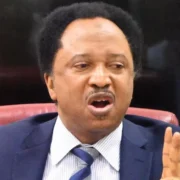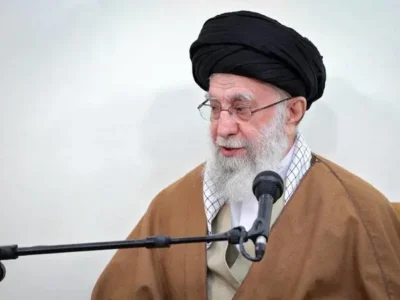ABUJA — The Minister of Information and National Orientation, Mohammed Idris, has dismissed claims that the Tinubu administration is weaponizing anti-corruption agencies against political opponents, insisting that the government maintains a strict policy of non-interference in their operations.
Idris made the clarification on Wednesday in Abuja at the opening of the ICPC Roundtable Engagement on Agenda Setting for Strategic Integration of State Commissioners of Information in the Fight Against Corruption.
“Fighting corruption is indeed one of the 8-point priorities of the Tinubu administration, and that is why the President is strengthening the institutional framework to fight corruption, especially through the ICPC and the EFCC,” Idris said.
“By its policy of non-interference, the Tinubu administration has made it clear that anti-corruption agencies are not instruments of political witch-hunt. They operate with independence and professionalism in line with the rule of law,” he added.
The Minister stressed that President Tinubu is committed to ensuring that there will be “no safe haven for corruption in Nigeria,” noting that far-reaching judicial reforms are underway to curb delays in corruption trials and ensure justice is not denied or endlessly deferred.
Idris highlighted the theme of the roundtable, “Partnership for Strengthening Transparency and Accountability at State and Local Government Levels Through Strategic Communications,” saying it underscores the vital role of State Commissioners of Information in spreading the anti-corruption message across all levels of society.
He urged state governments to set aside political partisanship and embrace the opportunities embedded in the President’s Renewed Hope Agenda, which, according to him, is “reshaping the economy to address years of neglect, achieve inclusion, diversification, growth and steady development.”
The Minister also commended the Independent Corrupt Practices and Other Related Offences Commission (ICPC), led by Dr Musa Adamu Aliyu, for its innovative communication strategies in mobilizing grassroots support for transparency and accountability.




















Comments